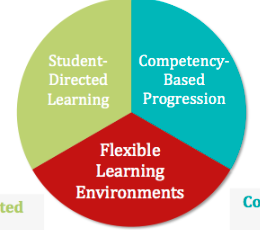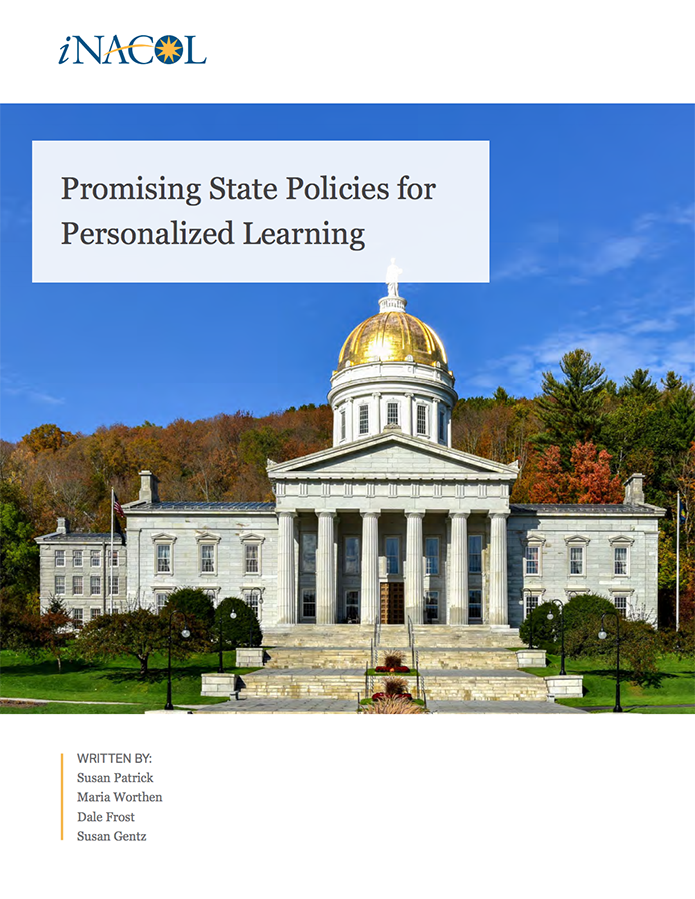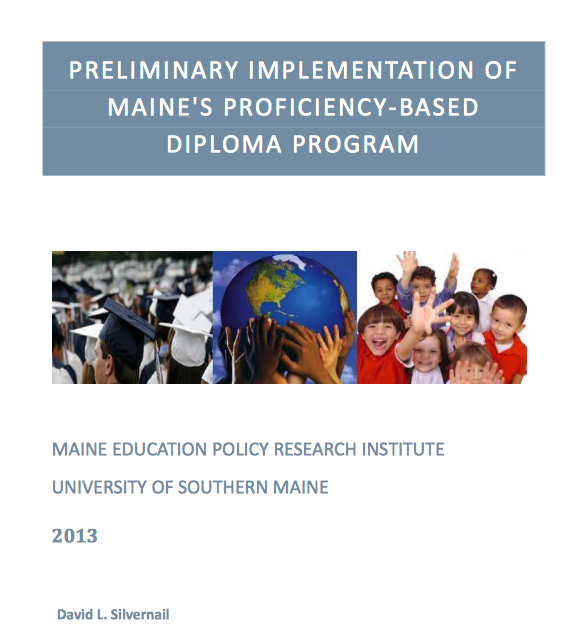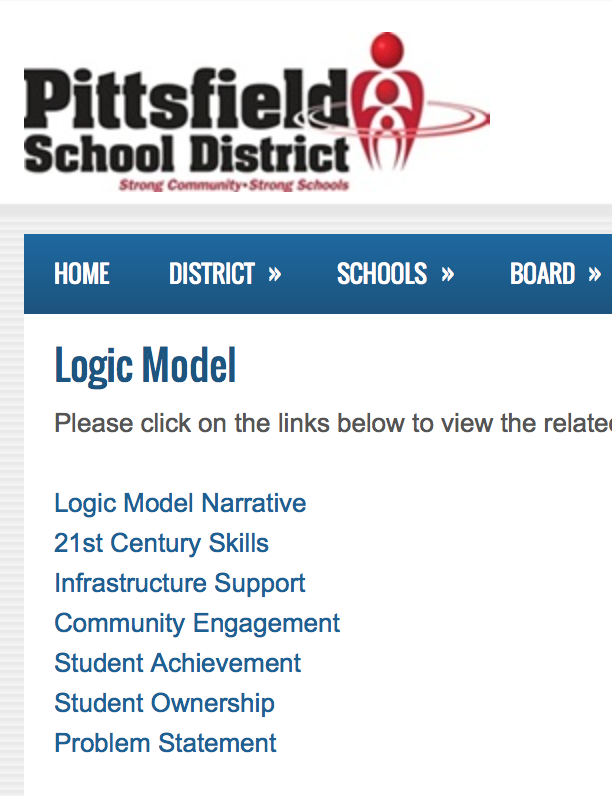Massachusetts Personalized Learning Network

This network believes that personalized learning is the key to achieving success and educational equity for all students in the Commonwealth. With the passage of the Every Student Succeeds Act (ESSA), schools, districts, and states have the opportunity to rethink how to equip students with the knowledge, skills, and entrepreneurial spirit that will be necessary… Read More ›
Charleston County School District: Breaking Ground for Personalized Learning in Big Districts

This post, which is a part of a series based on Chris Sturgis’s two days with Dr. Kristen Brittingham, Director of Personalized Learning; Sherry Kirkland, Personalized Learning Professional Development Administrator; and a team of personalized learning coaches, principals, and teachers, shares some of the most important things she’s learned. These professionals are a part of the Charleston… Read More ›
Making the Shift from Community Engagement to Community Collaboration

This article explores how leaders are helping to pilot a new way of working with the community that embraces collaboration in an effort to shift the tide. Over time, community engagement has largely become a one-way mechanism for districts to push out information about initiatives and programs into the local community. Along the way, a… Read More ›
School Superintendents Association Calls for Shift to Personalized Learning in Public Policy Agenda

This article elucidates the public policy unveiled by the Connecticut Association of Public School Superintendents for 2016, reflecting its vision of schools that teach students to demonstrate mastery and receive more funding from the state. The organization identified three themes to advocate in 2016: equity, excellence, and innovation, with an emphasis on seeing a shift… Read More ›
Promising State Policies for Personalized Learning

This report from The iNACOL Center for Policy Advocacy provides state policymakers with an overview of the policies that support student-centered personalized learning. As schools and districts look to grow student-centered initiatives, they may encounter policy barriers such as seat-time restrictions, graduation requirements, licensure requirements, funding rules, curriculum policies, and assessment and accountability requirements. The… Read More ›
When Celebrating Learning Differences is at the Heart of School Culture

This article explores how Individualized Education Programs (IEPS), typically created for special education students, can be a used as a model for all students and make personalization on a large scale easier and more accessible to all students. When special education teachers create IEPs for students with learning differences, a variety of professionals come together with… Read More ›
Can an Increase in Empathy Lead to a Drop in Suspensions?

This article by EdWeek, takes an in-depth look at the findings of a study by Stanford University researchers published in the Proceedings of the National Academy of Sciences of the United States of America. The researchers worked with 31 math teachers in five diverse middle schools spread over three California districts, administering two online professional-development exercises… Read More ›
Scholars: Better Gauges Needed for ‘Mindset,’ ‘Grit’

This article, explores the concepts of “growth mindset” and ‘grit,” the reasons why these concepts are vital to modern education, and the potential errors in research methods when identifying these qualities in students. Growth mindset—the belief that intelligence and other skills are not fixed, but can be improved through effort— and grit—the ability to sustain interest over a long period… Read More ›
Nurturing Growth Mindsets: Six Tips From Carol Dweck

This video is from Carol Dweck’s keynote address at EdWeek’s Leaders to Learn From event in Washington. Dweck addresses her task of correcting misconceptions about her research and its applications in schools. This Education Week article synthesizes her main points and illustrates the concern that people haven’t fully understood every dimension of Carol Dweck’s growth mindset… Read More ›
The College and Career Readiness of U.S. High School Graduates

This report, one of the annual 50-state reports on each state’s adoption of college- and career-ready (CCR) policies as reflected in state standards, graduation requirements, assessments, and accountability systems. Having the right policies is necessary to ensure that students graduate academically prepared for college and careers, but policy alone is insufficient– implementation of policy matters. So… Read More ›
Preliminary Implications of Maine’s Proficiency-based Diploma Program

This report was written by the Maine Education Policy Research Institute at the request of the state legislature. The post’s author also provides his commentary and conclusions upon reading the report. Source Organization: KnowledgeWorks Visit the Resource
Pittsfield School District Logic Model

This working document lays out the roadmap for a shift to student centered learning in Pittsfield, New Hampshire. The logic model looks at several areas for improvement: development of 21st century skills such as civic responsibility, study skills, and social-emotional learning; systems and infrastructure support for student centered learning; community involvement; student achievement; and student… Read More ›